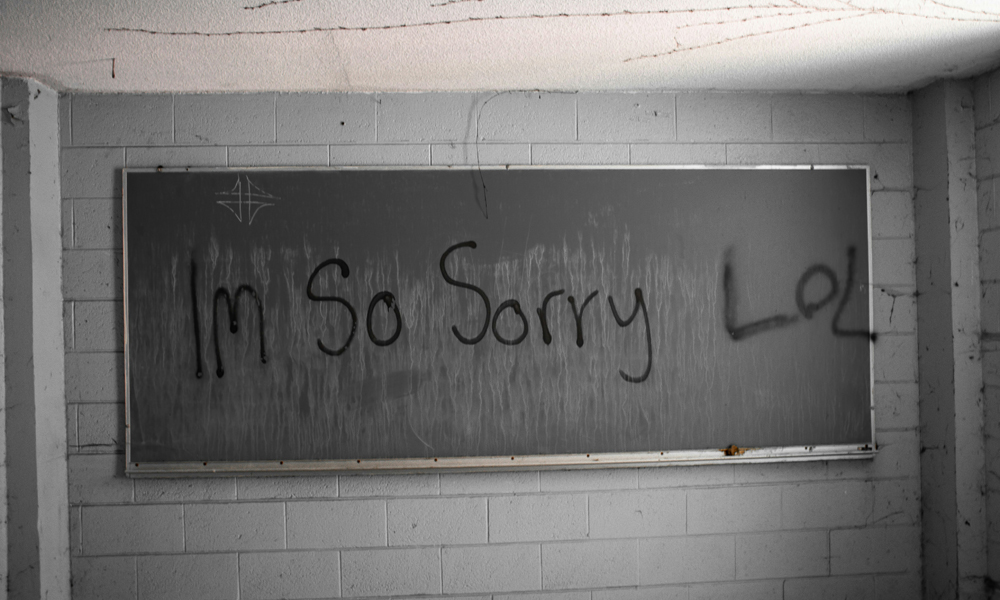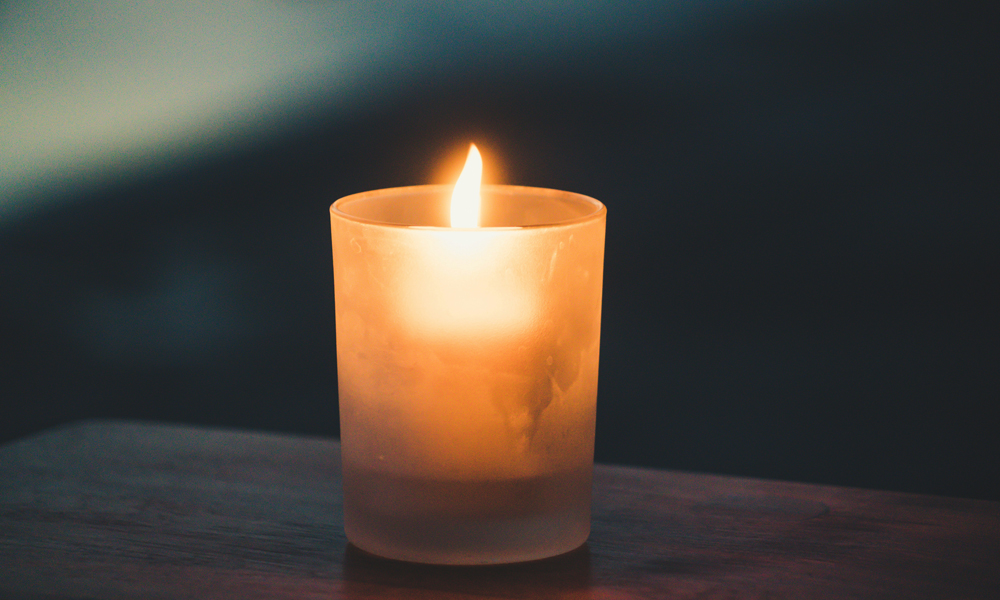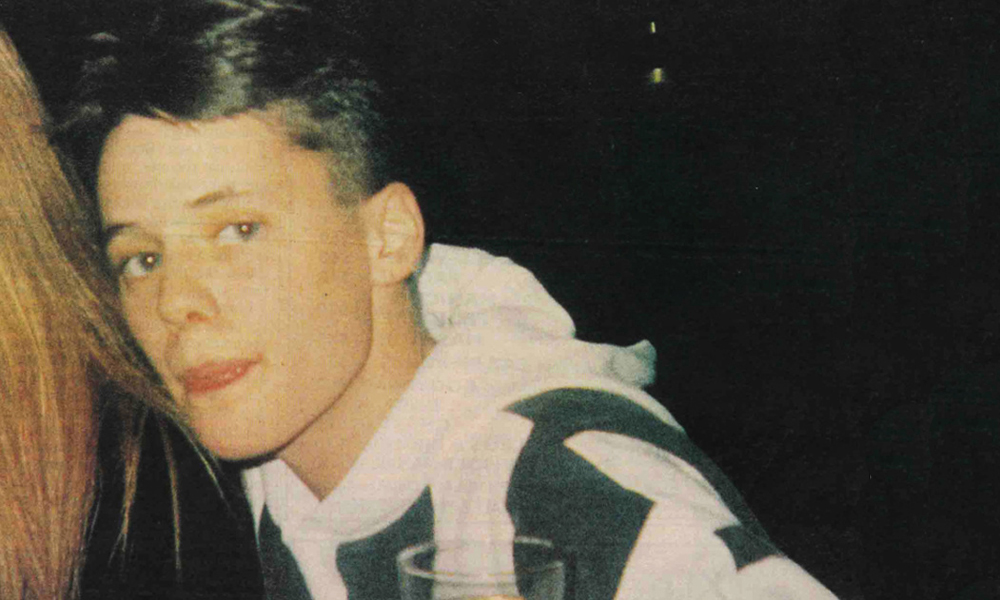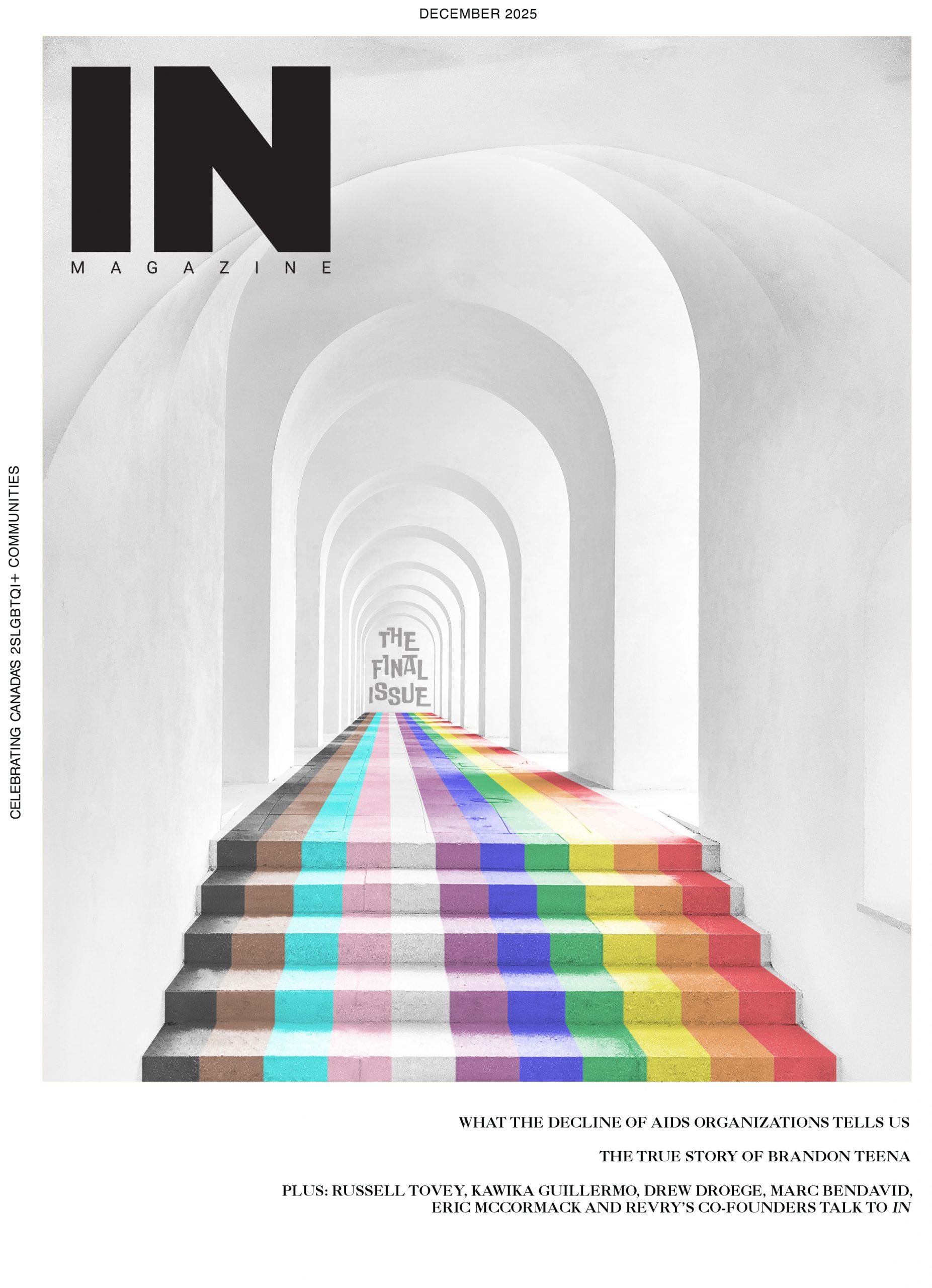Some gay men consider everything to be “camp,” to protect themselves from the judgments of revealing something about their genuine enjoyments. Can we ever show our true colours, or are we still no better than our closeted selves?
By Jesse Boland
Of all the countless artifacts of sociopolitical thought our modern-day philosopher Wendy Williams left for us before retiring from the reign of her violet throne, the concept of “kitchen table talk” still resonates most with me today. What this idiom limns for us is the concept of a niche manner of conversation with our dearest and most trusted loved ones to share verbally our most confessional of taboo opinions and sentiments within the imagined sanctuary of the metaphorical kitchen table, safe from scathing judgment by the outside world. This safe haven of coalescent truth was historically the binding glue of human connection, but through the Anthropocene era of digital communication dismembering and decontextualizing our interpersonal relationships, we seem to have become reticent of speaking our truths for fear that our most honest thoughts will be misinterpreted and weaponized against us. While self-censorship (also known as basic fucking manners) is absolutely a necessary component of a functioning society, many of us have taken this aversion to authenticity and vulnerability and created an invisible force field of sardonicism, apathy and abrasiveness to protect against any moment of true human connection. For gay men especially, our lack of earnestness feels particularly perplexing, knowing how much we have endured to muster the courage of being our true selves in coming out of the closet, yet still failing to break out of our Zara-adorned shells.
Gay guys are fascinating. When you think of every gay man you have ever met – no matter how catty, vapid, superficial, sarcastic, ridiculous, named Andrew, or odious they may be – what they all share in common is that for at least one moment in their life they had a moment of complete honest, emotionally naked vulnerability where they made the harrowing decision to announce that they were homosexual. The willingness to accept the harsh consequences of an exponentially more difficult life for the sake of living in your own truth is a feat of strength that can never be downplayed. Yet so many men are quick to defer from this sincerity to a more obfuscatory persona of palpable silliness and bitchiness. And who can blame us?
Growing up queer is essentially a Choose Your Own Adventure experience where you the individual are tasked with figuring out your own identity on your own time with, rarely, the help of other queer figures in your life to guide you. For most gay men, our first time seeing other men like us was in portrayals of fictional characters in film and television – often depicted and/or written by straight people – who provided us with extremely skewed and biased portrayals of what gay life is really like. Even with the advancement of progressive media of the modern age, the gay celebrities and public figures we are presented with are still being filtered through meticulous publicists and representatives to portray a more palatable depiction of acceptable gayness to the general public. Even the article you are currently reading was overseen and tweaked by my editor to make me seem less mean and stupid in order to align with IN Magazine’s branded image (I love you, Christopher).
While using intentionally deflective PR tactics to maintain a pristine public-facing image is sensible for men living in the spotlight, why do so many men shy so far away from their authentic selves in their everyday lives? This year alone I have had entire 10-minute conversations with men about the music career of American singer Addison Rae where, in the end, I still could not tell for certain whether or not they enjoyed her music. When a 28-year-old Deloitte employee named Matt’s takeaway from a pop album is that the singer in question “used the bathroom at her gynecologist’s office during her biannual cunt-smear appointment to take a shit in the mother toilet after eating too many of Madonna’s reheated Ray of Light nachos from the night before after breaking her Onika burgers diet,” literally how the fuck do you respond to that?
This ambivalence in describing one’s personal taste is rarely a method of abstract discussion to encourage more nuanced conversation about art, but rather a diversion tactic to avoid revealing too much about our guilty pleasures for fear of judgmental scrutiny for not being cool. In a hyper-superficial age where good taste is the most invaluable of social currency, the repercussions of being perceived as uncool for unapologetically loving mainstream pop music or cheesy movies feels too grave a risk. Thus, we have diluted ourselves down to that of an indifferent Goldilocks opting for the room-temperature porridge of neutral indifference just to be safe.
Worse yet is the incessant need so many of us feel for everything to be a joke. It needs to be stated that the overwhelming majority of you guys are truly not funny. Like…genuinely, seriously, deeply unfunny to the point of dreadfulness, and I need you all to make peace with that. While Matteo Lane may have convinced the world that saying “Obviously I’m gay,” is a fully fleshed out, complete joke, or that the Evan Ross Katz industrial complex suggestion that posting a screengrab of a humorous quote on your page that somebody else has written is the equivalent of making a funny quip yourself, the reality is that many of you have the same comedic imaginations as your straight co-worker who tells you, unprompted, about a round of Cards Against Humanity he won the previous weekend. And that’s OK! Not everybody needs to be funny, and not everything requires a joke. In fact, the funniest people alive – such as me – know that the key component to humor is timing, and that most circumstances do not require jokes, as their insertions would be highly tasteless and inappropriate. Yet so often we find ourselves insisting on attaching humor to serious moments in an attempt to divorce ourselves from the discomfort of the situation’s direness. We make self-deprecating jokes to cover up our insecurities; we insult one another but guise it as teasing to avoid the accountability of our cruelty; and to deflate the tone of our messages, we include “lol” at the end of texts the same way the Silent Generation yelled “Stop!” at the end of their telegrams. But when life feels like a joke, does that make it a comedy or a tragedy?
Writing this, I dread the inevitable one-liner quips my friends will send me razzing me on my thesis of sincerity, and I admittedly am to blame for that. I too have certainly contributed to this philistinism of unseriousness through my own blasé approach to culture, intimacy and life overall. I cannot be mad that I once accepted the pickle juice and now continue to be served it. The zest of my public persona has served me well in obfuscating from my own chagrins of life, but it has not brought me happiness. I find myself in a once-protective but now isolating box, reminiscent of the closet I lived in until I was 15. But much like then, I plan on stepping out of it too, now in my 30s, as embarrassing as that may be. I look forward to meeting all of you then. No closing joke needed.
JESSE BOLAND is that gay kid in class who your English teacher always believed in. He’s a graduate of English at Ryerson University (now Toronto Metropolitan University) who has a passion for giving a voice to people who don’t have data on their phones and who chases his dreams by foot because he never got his driver’s licence.







POST A COMMENT